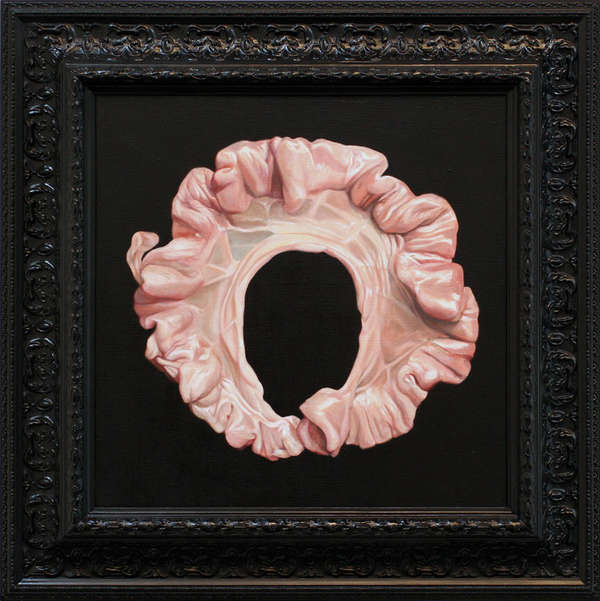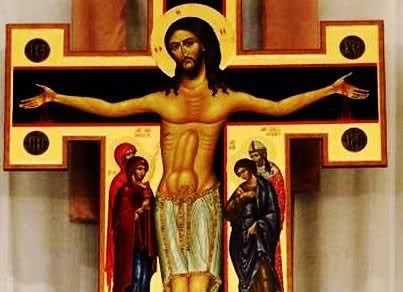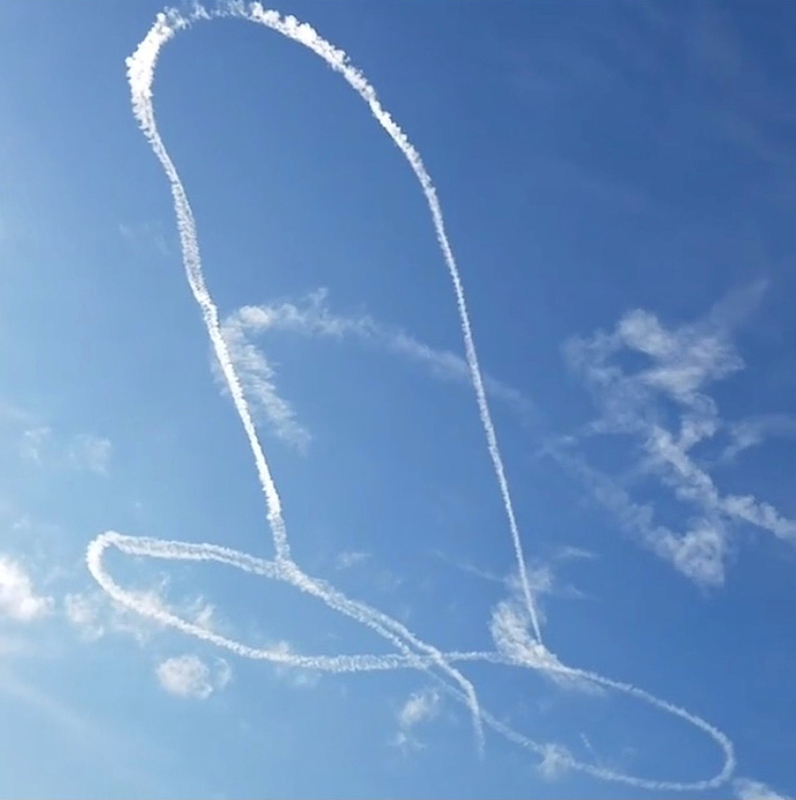Kane filluar trazirat andej .thua do bejne ndonje hata si me 97?u bene rreth 20 vjet pa e djegur vatanin .shqipot nuk durojne kaq gjate pse bere ndonje prapesi .
Shqipot e kan menien per te ike dhe duan Like Floririn me ish-ministra e ministra ne burg. Nuk kane kellqe e mend te kapin kallashin per kta plehrat. Jan tu vu baste kush do shkoje ne hapsana i pari, tani qe gjigandi u mbylli lojrat e fatit.
Kta te Bashkive do e kene piske, se sdo morrin rroga por do presin…
Ka filluar te plasi andej nga tropoja.
mishi ijes ke pusi. ka filluar te plasi anej nga tirona.

Edhe ne Shkoder, Lezhe e Bathore… jane bashkite e tyre do vetedigjen. Ne tiron nuk vershojne se mbyten ne Lane.
hopa, komet e ijes ne hava ke pusi.
Doli edhe platinija dobic .
http://www.panorama.com.al/sport/arrestimi-i-platinise-blater-tregon-prapaskena-per-zgjedhjen-e-katarit-per-boterorin-2022-ia-kishte-kerkuar/

unonjësit e bashkisë së Tropojës, që drejtohet nga i zgjedhuri i PD-së, Besnik Dushaj paraditen e sotme kanë shqyer derën e muzeut të qytetit duke marrë materialet zgjedhore, të cilat më pas i hodhën në rrugë. Militantët e PD kanë sulmuar pasditen e sotme KZAZ nr.3 në Shkodër duke thyer xhamat e saj dhe më pas i kanë vënë flakën me benzinë.
Shqiperine e mori turku
i vu zjarr
Turku te na haje mune, se zjarrin e bejme vete, me te madh e me te bukur.
Kemi popull arsimdashes .
E njejta gje ne 1997. Ndertesa e pare qe u dogj ne qytetin tim ishte biblioteka. Jo kioskat e VEFA-s apo Kamberit, po biblioteka e qytetit. Perfaqesuesi i VEFA- (ish oficer kokederr pa lidhje me ekonomine) u caktua si Kryetar i Komitetit te Shpetimit Kombetar.
Një sistem që të dojë populli voton edhe parrine
Instigimi I dhunes eshte akt kriminal sipas kodit penal .evlati I fahriut ka dite qe I zuri goja lesh me thirrje per zjarr e benzine “per te shpetuar shqiperine “.
Celebrating Kosovo
by Sir Noel Malcolm
[First published in Weltwoche, Switzerland, 28 May 2019]
Talking to a stranger at a drinks party recently, I mentioned that I had been to Kosovo for a holiday. He looked at me with astonishment. ‘Oh yes,’ he said sarcastically, ‘and where else do you go for your holidays: Afghanistan? Libya?’
Now it was my turn to be astonished. Politely, I explained that the war in Kosovo took place a long time ago – indeed, the twentieth anniversary of the end of that war is coming soon, on 11 June. I also reminded him that Kosovo is not in Asia or Africa, but in Europe. Many tourists go to other countries in the region, such as Montenegro, Croatia and Bulgaria; increasing numbers are visiting Albania; so why should Kosovo be treated any differently?
I realise that I am not a typical tourist. I have been visiting the Balkans since the 1980s, and I published a full-length history of Kosovo 21 years ago. Perhaps I am inclined to be defensive on behalf of this little country. But only because there are good reasons for defensiveness: Kosovo has been, and continues to be, the object of unjust prejudice.
The background to all this is, of course, political. The independence of Kosovo, declared in 2008, was the final step – long overdue – in the process of dismantling the old Yugoslavia. Kosovo had been described in an ambiguous and contradictory way in the Yugoslav constitution, both as a part of Serbia and as a distinct unit of the federation; but in reality it had possessed all the key powers of a federal unit, and when the whole federation dissolved, it had the same right to independent statehood as Croatia, Slovenia and the rest.
Independence was also a correction of some larger injustices. Kosovo had been conquered, against the wishes of most of its population, by a Serb army in 1912; a policy officially described as ‘colonisation’ had followed. Oppression from Belgrade was gradually relaxed under Tito, but it was resumed under Milošević, who imposed what was virtually an apartheid regime. Then there came his policy, which started before the 1999 war, of burning down the homes of Kosovo Albanians and turning hundreds of thousands of them into refugees. The removal of his forces in June 1999 struck a major blow in favour of justice.
And yet, ever since then, Western attitudes to Kosovo have been at best luke-warm, and at worst actually hostile. Five EU member-states refuse to recognise its independence, blindly insisting that it is still part of Serbia; their reasons are in fact internal to their own countries (Spanish worries about Catalonia, and so on), but it is Kosovo that suffers as a result. And a vocal Serb lobby talks constantly about the existence of organised crime in Kosovo, as if mafia gangs were not active in other Balkan countries – including Serbia itself, which under Milošević turned into a sort of gangster state.
Vigilance against all kinds of crime and human rights abuse is of course a good and necessary thing. Yet it should not prevent us from celebrating the fact that a population which was systematically oppressed now has the chance to govern itself. A country born in conditions of conflict, and without a previous democratic tradition, is bound to have a messy start in some ways; but the fact that it has started at all is a hugely positive thing.
These are all points that could be accepted by any fair-minded person sitting at home in Western Europe. However, they are rather abstract points, about politics and justice, so they do not capture all the pleasure and interest of actually visiting the youngest country in Europe. Real human experience is hard to summarise, and in any case a whole country cannot just be characterised in the way that you might describe someone you know; but let me try to share some of my impressions.
First, Kosovo has the buzz, the energy, that you feel in a country of young people. Two thirds of the population are under the age of 30. (This is thanks to the old practice of having large families, which is, however, now dying out very rapidly.) On a summer evening in the capital, Prishtina, the bars and cafés are humming with life, and groups of young people stand chatting in the streets; the atmosphere is friendly as well as lively.
Secondly, Kosovo still has old traditions of the kind that we naturally value: a powerful code of hospitality, not only to invited guests but also to strangers; a deep principle of loyalty between friends; and a strong sense of family values, which include honouring the old, respecting mothers, and caring for children. The welcome you receive on entering a Kosovar home makes Western European hospitality seem shallow; and if you are lucky enough to develop a real friendship with a Kosovar, you will know that you can trust that friend with your life.
These traditions may be stronger in the villages, but they underlie the whole society, even in the big cities. It’s true that urban life is in some ways more modern and secularised, as you would expect after half a century of Communism. For most people, and almost all the young, Islam is part of the cultural background, not a matter of active observance. And the traditional Islam of Kosovo, influenced by the tolerant ideas of the Sufis, has long been happy to coexist with the Catholic Church, which has had a continuous history in Kosovo since the middle ages.
Thirdly, Kosovo is a place of natural beauty. The mountain ranges on its southern and western sides are spectacular. I treasure the memory of a long walk over the southern range, from Macedonia into Kosovo, which I did in 1989: the dark forests, the wood-cutters with their axes and mules, the shepherds with their flocks on the high pastures, and, higher still, under the snow-capped peaks, green Alpine meadows with cantering herds of wild horses.
And fourthly, for anyone with a feeling for history, Kosovo is a truly fascinating place. Its most attractive city, Prizren, gives you an authentic sense of the old Ottoman Empire in Europe, with its mosques, churches, bridges and fountains. There are also beautiful Orthodox monasteries, such as Dečani and Gračanica, built by Serb rulers in the middle ages. And there is the famous field of the Battle of Kosovo (1389), with its nearby Ottoman tomb containing the heart of Sultan Murad.
Those Serb Orthodox monasteries are fully part of Kosovo’s heritage, just as the Serbs who live in Kosovo are equal citizens of the country. Political manipulation from Belgrade has done much to radicalise the Serbs who live in the northern tip of Kosovo; but at least half the Serbs live in the south, so any talk of partition to ‘solve’ the problem of the Serb minority is mistaken. The best future for all the Serbs of Kosovo is to be normal citizens within a normal country. And the best way we can help that to happen is by treating Kosovo as normally as possible: not reacting to its name with prejudiced hostility, but respecting it as an independent state – and even, perhaps, adding it to our list of holiday destinations.
Flet competenti😊
Shkova ne nje dyqan ketu ne Boston per te blere nje kemishe per dhurate per djalin e nje te afermi.
Bleva kemishen dhe canta qe me dhane me emrin e dyqanit ishte me ylberin e levizjes LGBT dhe me slogane te kesaj levizjeje.
Cfare eshte kjo?-pyeta.
Eshte Pride Month-me thane
Po une e dua ta coj kete per nje ditelindje.Nuk keni nje tjeter cante me logon e dyqanit?Se dua ta coj per nje ditelindje-ju thashe
Jo me thane,kjo eshte ne dac merre, ne dac lere…nuk ka cante tjeter.
Ika i shokuar.
Hidhe canten menjehere! Nga burime te sigurta kam degjuar qe cantat i kane lyer me nje lloj kimikati qe kur e prek te kthen ne gay!
